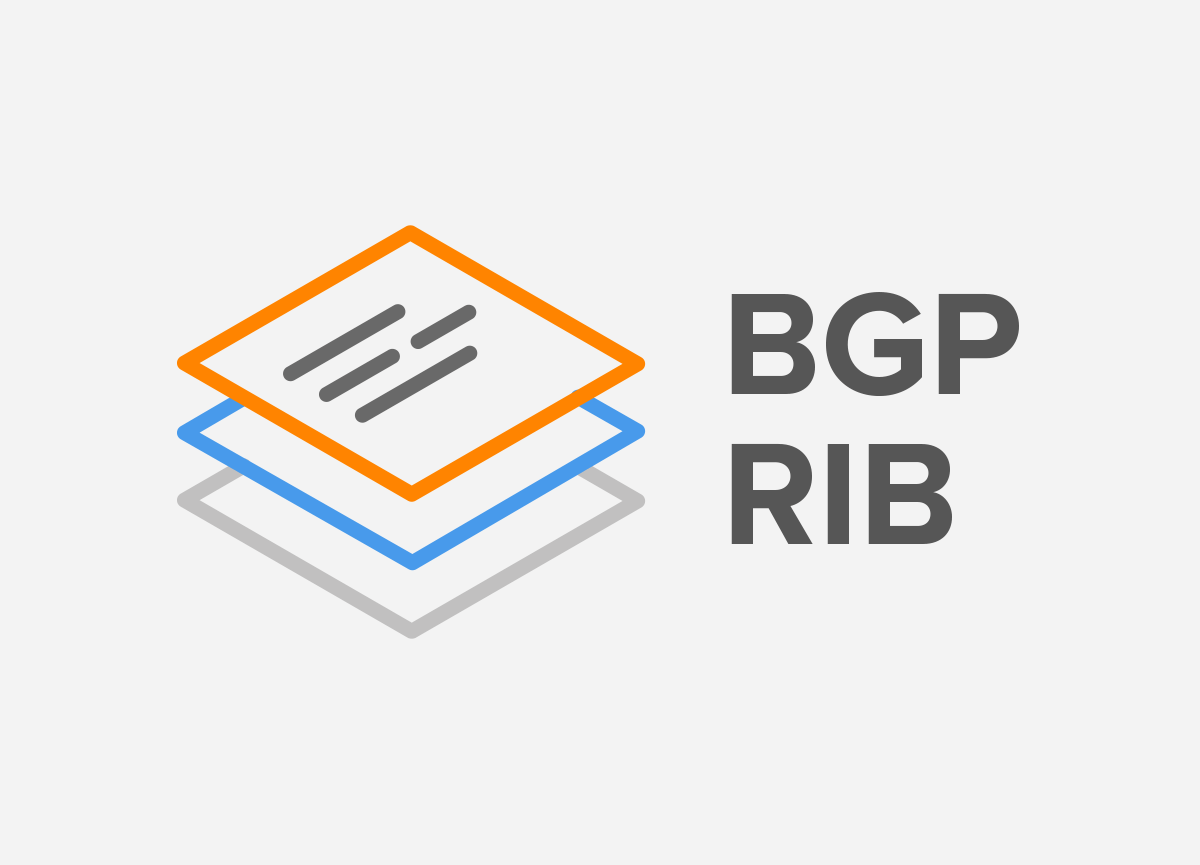Border Gateway Protocol (BGP) is not merely a protocol—it’s the backbone of the...

Request a personalized demo/review session of our Intelligent Routing Platform
Evaluate Noction IRP, and see how it meets your network optimization challenges
Schedule a one-on-one demonstration of our network traffic analysis product
Test drive NFA today with your own fully featured 30-day free trial
Discover the latest Noction product and company news
The latest networking industry trends, opinion, and perspectives
Learn about who we are, our mission, and our values
Read our press releases to get the latest information on Noction
See the new job openings, our values and the corporate culture
Need help? Contact the Noction support team

Border Gateway Protocol (BGP) is not merely a protocol—it’s the backbone of the...
Get a custom IRP quote as per your network traffic 95th percentile
Simple, transparent and easy-to-understand pricing structure
Discover IRP features, review use cases and make informed decisions
Watch Noction IRP videos, screencasts and client testimonials
Technical Noction IRP documentation, deployment instructions and datasheets
Get a first-hand network performance view of the major Tier 1 Carriers
See answers to the questions we get asked the most about Noction IRP
Product overview, user guide and the deployment instructions documents
Practical and useful info on NFA and the overall NetFlow analysis
A series of the most common NFA questions and answers
24/7 network monitoring, maintenance, and event management services
Free custom-built Transit Providers performance evaluation reports
The free-of-charge live Tier 1 providers' performance monitoring service
Review network performance indicators of the top US-based carriers for the past month.
BGP routing optimization platform for utmost network performance
Free feature-restricted Intelligent Routing Platform version
Network traffic analysis, monitoring and alerting system
The collector is one of NFA’s most important components. It receives, analyzes, and processes all traffic transiting the network and transfers data in a compatible mode to NFA Databases – MySQL and ClickHouse. It processes the most common types of Flow: NetFlow, sFlow, J-Flow, IPFIX, NetStream.
sFlow (6343 port) is a protocol designed for monitoring network, wireless and host devices. Developed by the sFlow. org Consortium, this protocol is supported by a wide range of network devices, as well as routing software and network solutions. sFlow, short for “sampled flow”, is an industry-standard for packet export at Layer 2 of the OSI model. It provides the means for exporting truncated packets, together with interface counters. It’s a packet sampling for an N number of packets with all required statistical information and expedited to the destination collector. The information details taken from the packet are the headers from Layer 3 and 4 and some information about the upper layers’ data only. For example, if the HTTP protocol is present, sFlow will guarantee data confidentiality since it will not extract the information from the packet and will not collect all network sessions.
NetFlow (2055 port) is an IP network statistics protocol developed by Cisco Systems, Inc. that offers the ability to collect IP session network traffic as it enters or exits an interface. By analyzing the data that is provided by NetFlow a network administrator can determine things such as the source and destination of traffic, class of service, and the cause of congestion. Juniper routers offer a similar feature called J-Flow which in its essence is the same Cisco NetFlow protocol.
Flow statistics are captured and stored in DB which NFA’s graphical interface subsequently offers to users as dashboards, charts, and reports with filtering, grouping, and aggregation functions.
Network devices should be first configured to forward Flow statistics to NFA in order for it to get the initial data to operate on. NFA listens to Flow stats on the default protocol ports. Flow ports can be changed from the Configuration Settings section of NFA’s Front End.
Set the frequency of Flow exports on network devices as frequently as possible. For best
results export intervals should be set to 1 min or even less.